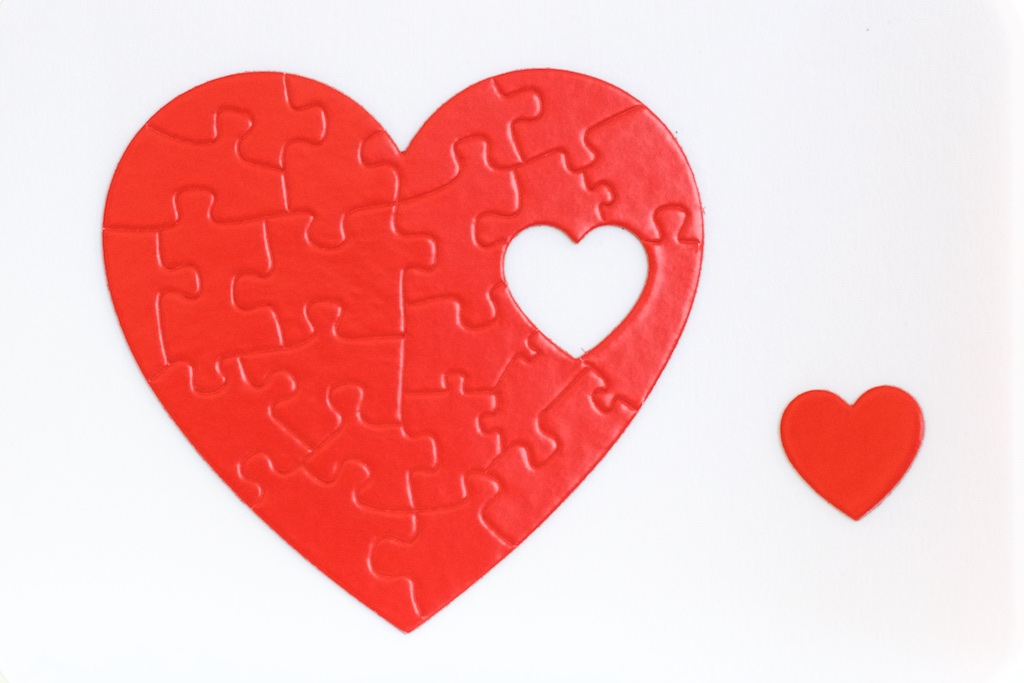
February 10, 2021
Social distancing and other public health measures enacted over the past year as a result of the Covid-19 pandemic have led many New Yorkers to feel a heightened sense of isolation.
Holidays, including Valentine’s Day on February 14—a celebration of love and affection—can exacerbate that feeling of isolation for people who live alone in the age of a global pandemic.
Nonetheless, it’s difficult to generalize how people who are single may feel on Valentine’s Day. Borough of Manhattan Community College (BMCC/CUNY) experts say loneliness itself is not the problem—it’s how an individual interprets loneliness and lets it guide their life choices.
“Many people are emotionally satisfied with their social circle and have no need for a consistent romantic partner,” said BMCC Director of Counseling Neda Hajizadeh. “This is not to say that all single people are okay with spending Valentine’s day un-partnered, but each individual responds to being alone differently.”
It’s more important to focus on how holiday traditions have been altered due to the pandemic, according to Hajizadeh. Because of Covid-19, she says, people are more isolated in general, and need to make more of an effort to feel connected to their friends and family.
On the other hand, for some New Yorkers who live alone and are choosing to socially isolate because of Covid-19, there is actually less pressure to interact with friends or family on holidays—or to be actively dating.
“Valentine’s Day, or any holiday for that matter, does come with an element of pressure,” said Hajizadeh. “‘What did you do for Valentine’s day?’ is a question we often hear often from friends and family. This year it will be easier to feel okay about saying, ‘Nothing.’ So at least this pressure has been alleviated for some.”
Understanding why we may feel lonely on holidays
BMCC Psychology Professor David Caicedo says from a psychological standpoint, it’s important to distinguish whether or not a person chose to be alone.
“In other words, did the person have control over their current situation?” said Caicedo. “ If I ‘chose’ to be alone because my last relationship was terrible, then being single on Valentine’s Day might be great. However, if my partner died—or recently ended the relationship and I was not part of the decision—Valentine’s Day could seem terrible.”
Caicedo explains that isolation and loneliness involve two factors, the self-perception of who you are—which is self-esteem and self-identity—and the self-perception what you deserve, which is the basis of a social comparison.
For example, he says, social media posts constantly remind us not only of what people are doing alone, but also what social activities people are engaged in together.
“When I compare myself, my abilities and my situation to others whom I perceive to be worse off—so that I can tell myself I am better off, more competent and happier—then I’m making a downward social comparison,” said Caicedo.
Downward social comparisons can be seen as self-esteem boosts, he says. “In the context of Valentine’s Day, a person might say, yes, I am single, but at least I’m not in a miserable relationship like so and so.”
At the same time, Caicedo says, when we compare ourselves to individuals we perceive to be better off—as a means of telling ourselves to do better or achieve more—we are making an upward social comparison.
“An upward social comparison primarily works in a person’s favor when it relates to talents or aptitudes, since it can motivate us,” said Caicedo. But an upward social comparison can also cause harm to our self-esteem in situations like Valentine’s Day, if the person is thinking, ‘I wish I had the relationship that person has.’”
Beyond Cupid: There are other ways to see Valentine’s Day
Hajizadeh says a person can be physically alone but not feel lonely, because they know they still have connections to others in the world even on Valentine’s Day.
“But when you lose sight of that or really don’t have connections to others, that’s where the problem may lie,” said Hajizadeh. “When we stop being able to see any positives or when we stop feeling any sense of joy in our lives, this is when I recommend reaching out.”
“If you notice a friend who used to be outgoing and talkative is now more reclusive and reserved this is something to note,” said Hajizadeh. “Hope is another important factor. Extreme sadness or loneliness can lead to a hopelessness and that can be problematic.”
Hajizadeh says the pandemic has taken a toll on all New Yorkers, including BMCC students, faculty and staff. “Everyone is tired and continues to deal with anxiety about the future.”
“But, we are also an incredibly resilient and resourceful species,” said Hajizadeh. “We are creative and have found ways to try to simulate that connection with others despite the pandemic. We need to remind ourselves that this is not permanent and that we are not the only person who is feeling this way.”
Perhaps, she says, there is another way to see Valentine’s Day.
“Valentine’s day is the day of love—who says it has to be the love you get from a partner? Why can’t it be a day of self-love? A day you remind yourself of how resilient you are and to focus on all the things you did well last year.”
Learn more about the BMCC Counseling Center at counselingcenter@bmcc.cuny.edu
- Many people are emotionally satisfied with their social circle and have no need for a romantic partner
- On other hand, for some single people, staying home because of Covid-19 can be especially isolating
- A person can be physically alone, and not feel lonely

